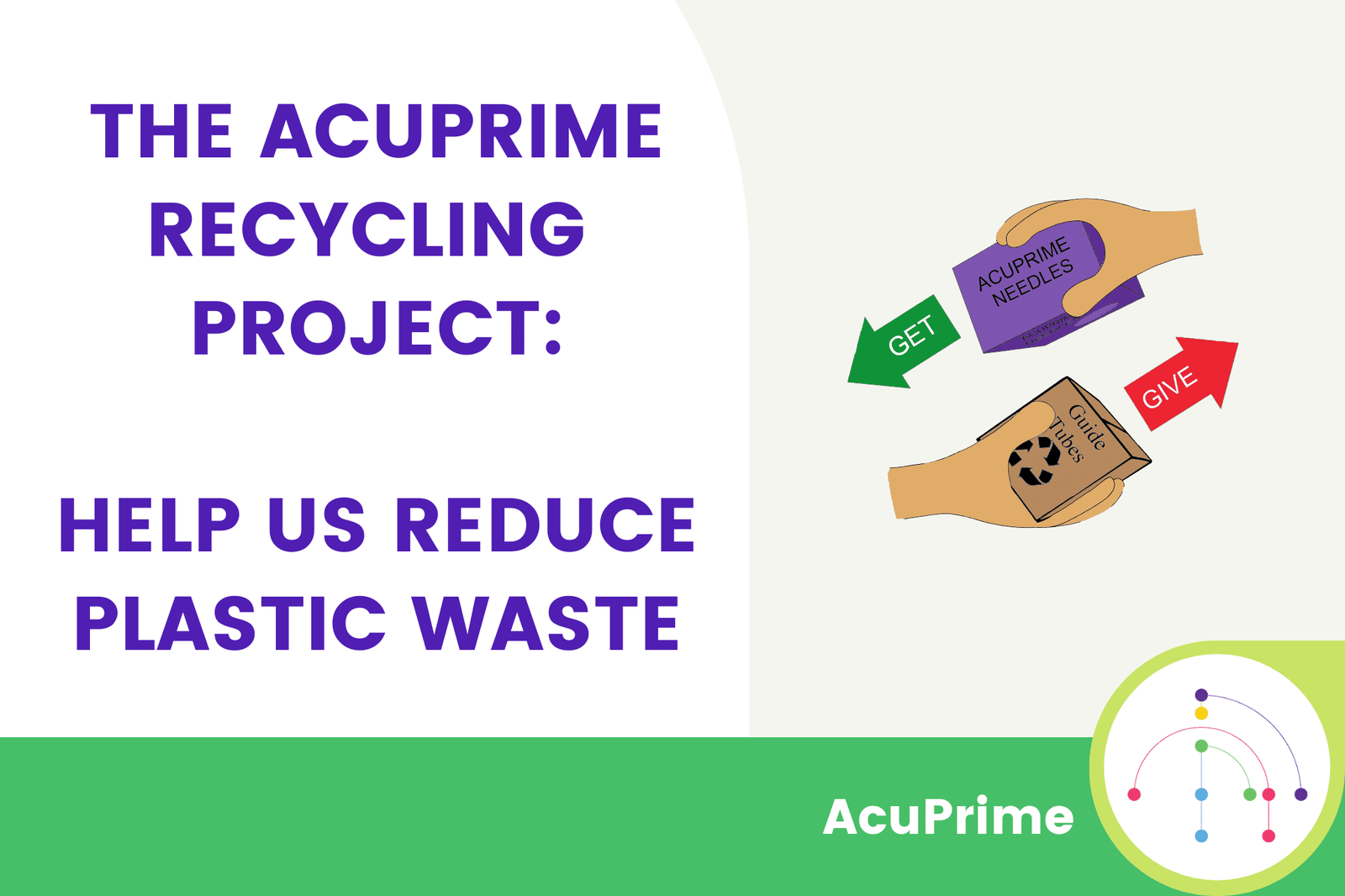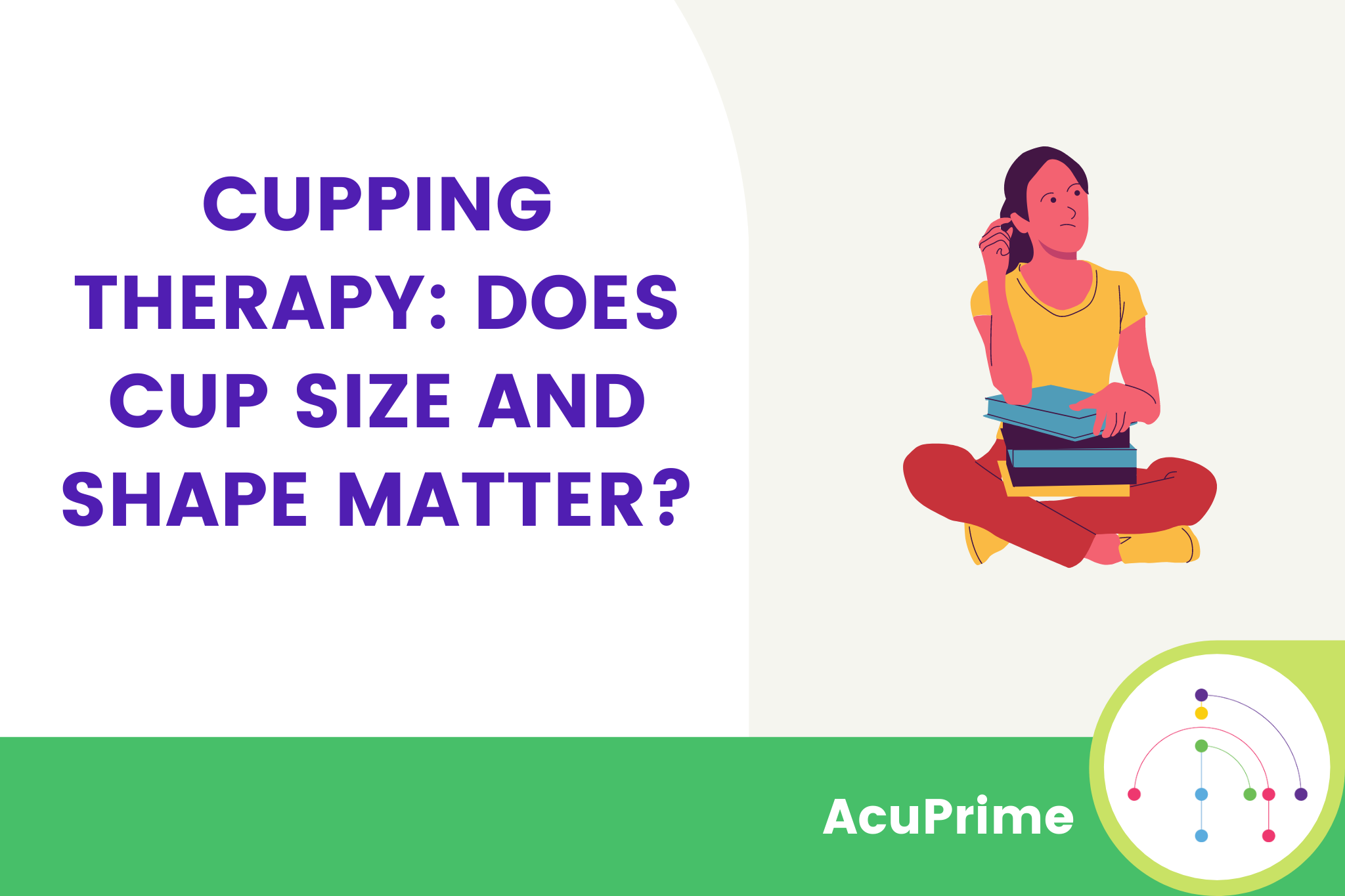Covid-19 has scuppered even the best-laid plans and physiotherapy trainees have suffered a serious pause in their education.
If you work as a physiotherapist, you’ll remember (fondly, hopefully!) your placements. Helping to not only train students in patient-facing settings, physio placements also help students work out which area they might want to work in.
Unfortunately, physiotherapy placements across the country came to a grinding halt the moment the severity of coronavirus became apparent. By this point in the year, those students would’ve been expecting to graduate, apply for jobs and have significantly more experience than they might now possess.
As healthcare services slowly start resuming, it’s time for those students to get straight back into learning.
The importance of physiotherapy placements
From the care of the elderly and paediatrics to women’s health and stroke rehabilitation, physiotherapists are needed across a vast range of services. As a result, it’s incredibly difficult for physiotherapy students to get experience across more than a few services in order to make an informed decision about where to specialise and apply for jobs.
As we all know, what’s written down on a job description doesn’t necessarily give a very accurate impression of what a role will be like. This is especially true with patient-facing roles, where not only will students be working with a range of patients, but the overall atmosphere of the setting will be unique.
Private hospitals and sports clubs also hire physiotherapists, further expanding the settings students may eventually work in. In order to gain vital experience and to begin choosing a career path, these placements are vital.
Offering physiotherapy placements
The Chartered Society of Physiotherapy (CSP) has called upon physiotherapy practices and settings to reinstate placements and encourage others to offer placements where they may not have done before. Concerned that the physiotherapy industry is facing a workforce crisis if this year’s graduates lack the necessary experience, the CSP is reaching out to professionals who may be in a position to help.
Health Education England has announced that their £10 million Clinical Placements Expansion Programme now includes Allied Health Professionals (AHP) – this means physiotherapists. This scheme is to support the creation of thousands more clinical placements and the funding is open to many formats, including virtual placements.
For more information on the bid process for placement funding, you can read the Clinical Placements Expansion Programme (AHPs) guidance here and more information on the scheme here.
Funding aside, if you’re a chartered physiotherapist, chances are you have a huge amount of experience to offer a student on placement. It can be easy to forget just how new students are to this varied profession and to assume knowledge you have isn’t all that helpful. To a student, your knowledge is absolutely invaluable, no matter what sector of physiotherapy you work in.
There is already a shortfall in physiotherapists across all four UK countries and the lack of placements caused by Covid-19 isn’t going to make that shortfall any less. Instead, it’s likely to widen the gap between qualified professionals and requirements.
If you think you might be in a position to offer a placement to a physiotherapy student but want further guidance, you can contact the CSP at: learninganddevelopment@csp.org.uk
Possible placement settings
Extremely varied, placement settings aren’t just in hospitals. If you work as a physiotherapist, you very likely work in a setting that a student would find useful. These include:
- Military bases
- Sports clubs such as tennis, football and rugby
- Solo practitioner physio practices
- Social care setting
- Charities
- Massage clinics
- NHS hospitals
- Private hospitals
Not only does a variation of placements help students work out what area they want to practise in, but they’ll get a feel for the kind of business they want to work in as well. If you’re a sole practitioner, you have far more to offer than physiotherapy knowledge itself. If you started your own business, that knowledge is invaluable. If you’ve added in other therapies and services such as yoga, massage, taping and acupuncture, being able to show how different services complement physio can be a huge eye-opener, on top of clinical practice.
In short, if you’re a physiotherapist, you might be in the perfect position to offer a placement.








